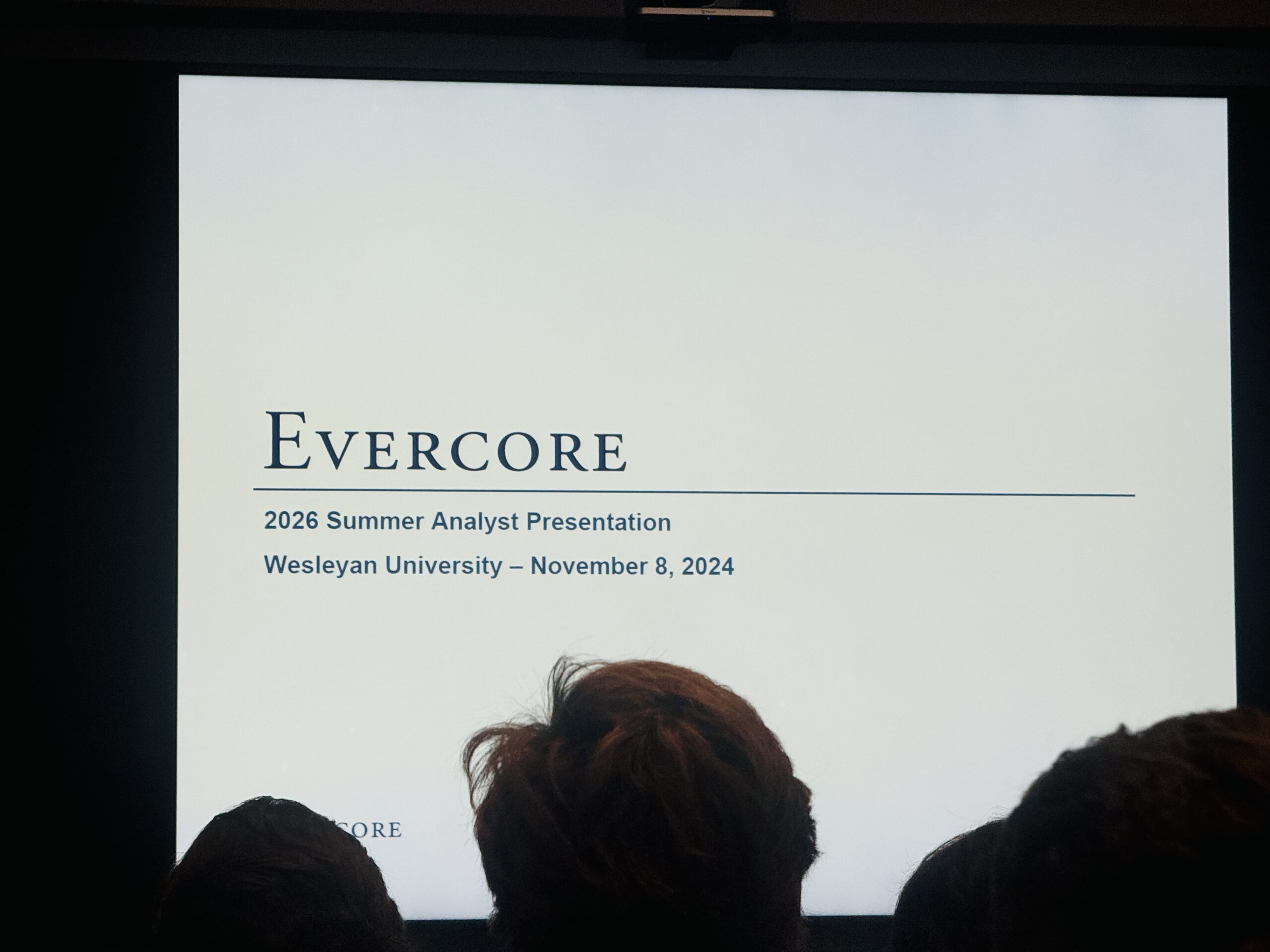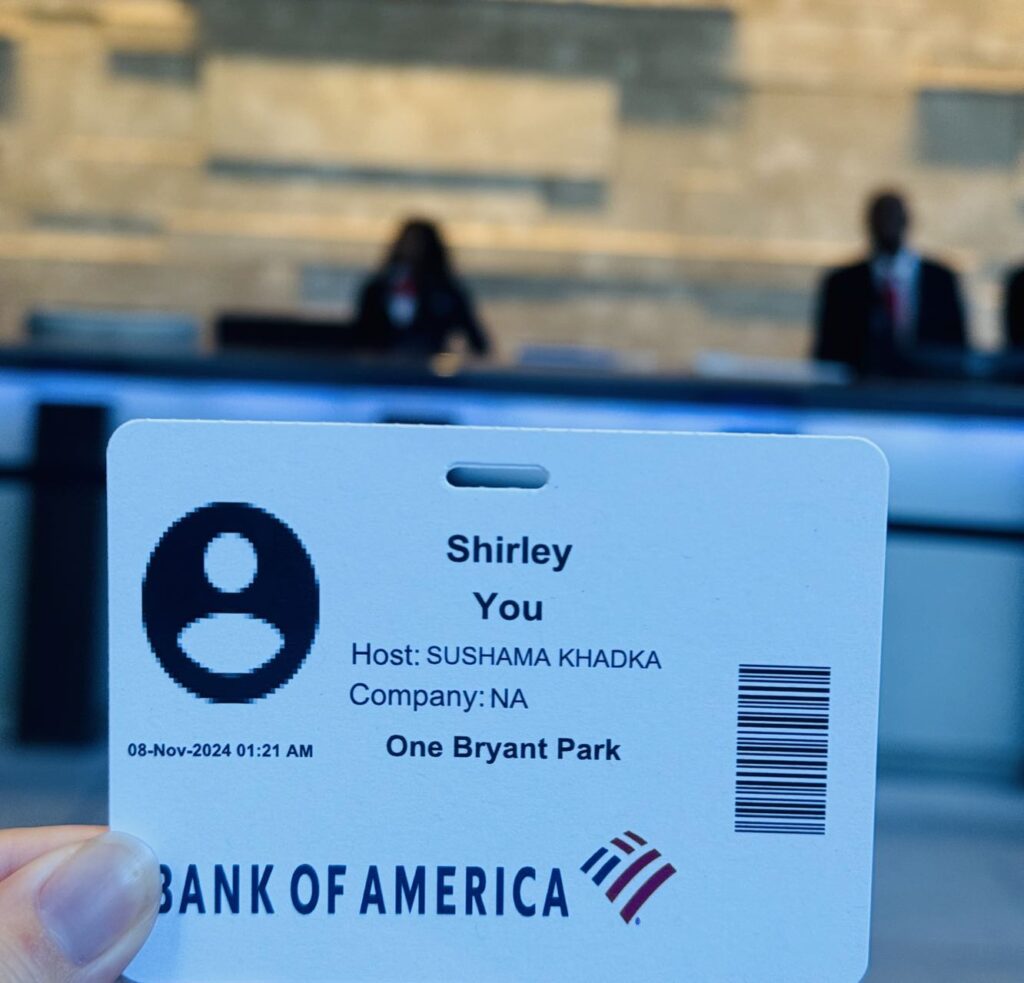On November 8, 2024, I had the incredible opportunity to participate in a finance trek to New York City, organized by Wesleyan’s Gordon Career Center. Along with 30 other students, I visited Evercore, Centerview, and Bank of America, attended info sessions, and networked with industry professionals. While the trek offered valuable insights into the finance world, it also highlighted critical issues related to gender inequality, diversity, and cultural awareness within the industry.
One striking observation was the gender imbalance among participants—of the 31 students selected for the trek, only 8 were women, despite Wesleyan’s majority-female student body. This disparity mirrored what I observed during the firm visits and sparked reflections on the representation of women in finance.

At Evercore, I was impressed by the strong presence of senior women in leadership during the info session. It was also striking to hear how much emphasis the bankers placed on the firm’s flat structure and openness, which fostered a culture where employees felt safe enough to challenge the majority’s ideas. This really highlighted for me how company culture can be shaped by diversity, and how inclusive environments can encourage employees to challenge dominant ideas and contribute meaningfully.
Centerview also stood out to me, as it had the most diverse representation in terms of gender and ethnicity. I was especially impressed by the casual, approachable demeanor of the team, and some of the employees recognized me from attending their info sessions earlier in the year. This connection made the conversation feel more personal, and I appreciated how genuinely interested they were in my thoughts on their presentation.

Bank of America presented a more traditional panel, with only one woman among five speakers. However, I had a meaningful conversation with an investment banking analyst from Korea. We discussed the unique challenges posed by our shared experience as international professionals and how cross-cultural communication skills are essential to overcoming these barriers. This interaction reminded me of the importance of navigating cultural differences with empathy and adaptability in a global finance environment.
All three firms have a global presence and emphasized the importance of analysts being able to engage with clients from diverse backgrounds, which made me realize just how essential intercultural competence will be in my future career. It also showed me the relevance of our class discussions on identity, power, and privilege, and how they play out in professional environments. This trek deepened my understanding of the challenges and opportunities surrounding diversity in finance. It also strengthened my commitment to advocating for inclusive environments where all voices can be heard. I hope to carry this forward in my career and personal endeavors.